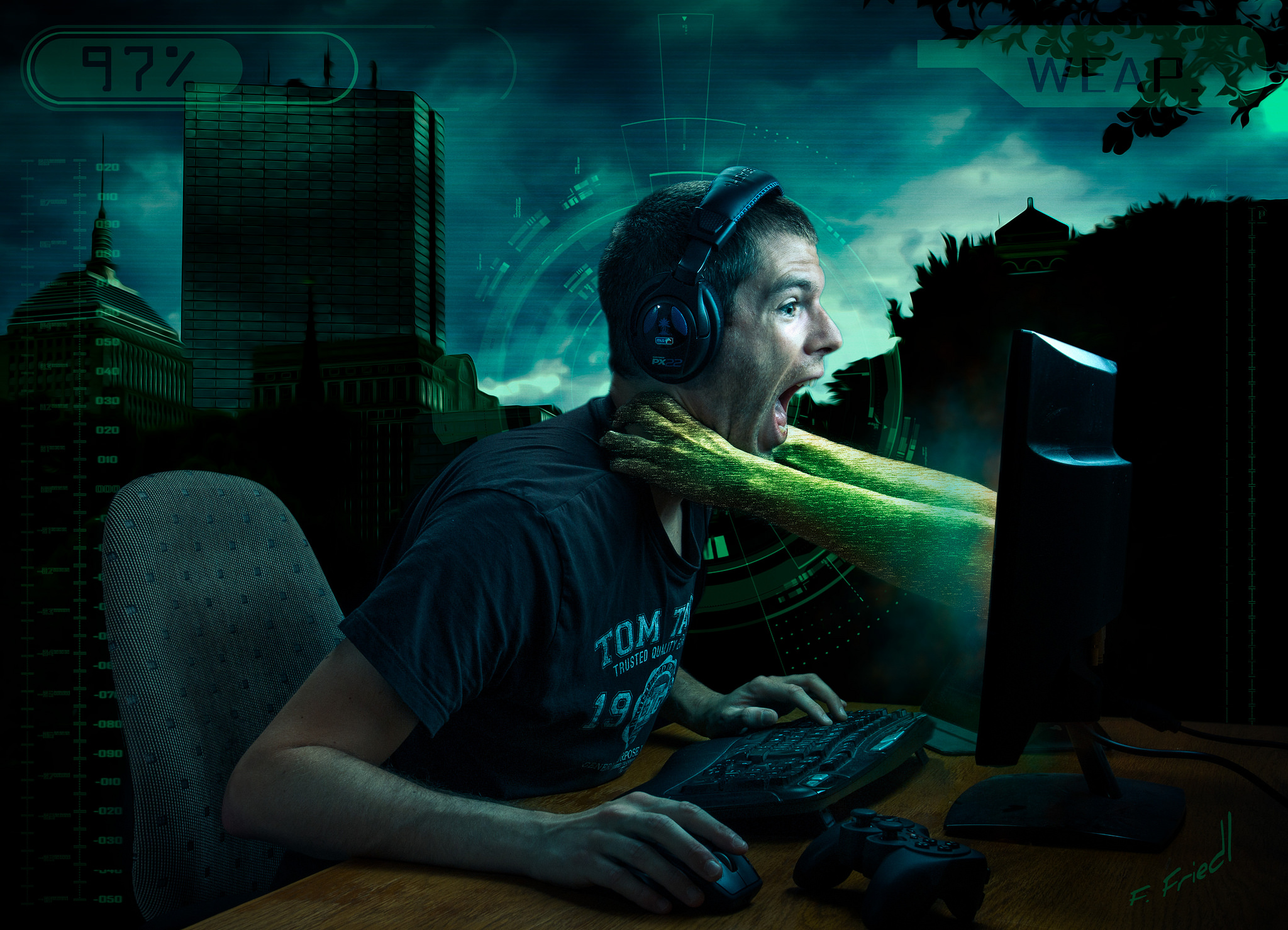What is cyber bullying?
Cyberbullying is defined as tormenting, threatening, harassing, humiliating, and embarrassing fellow teens using the internet, digital technologies, interactive technologies or mobile phones. Cyberbullying is a serious matter. In fact, many young adults have already committed a homicide, suicide or turned to substance abuse after being involved in a cyberbullying incident.
The link between cyber bullying and substance abuse
A study found that experiencing cyberbullying is associated with elevated levels of binge drinking and marijuana use.
Teens who are the victims of cyberbullying are more likely to develop symptoms of substance abuse, depression, and addiction. This is because cyberbullied teens face a higher risk for psychological and behavioral problems. Why is this?
The researchers theorized that victims may lack alternative coping skills and support for effectively managing the experience of cyber bullying victimization. In addition, cyberbullies themselves have increased tendencies to drink to the point of being drunk and frequently smoking cigarettes.
What are the signs of cyber bullying and substance abuse?
Teens are hard to read, but as parents, you may know when something is going on. Below is a list of things that may draw your attention and pinpoint a problem. Follow your instinct, and know that some behaviors are a reason to sound the alarm. These behaviors include:
- Being secretive while on the computer and about what they’re doing online
- Displaying angry, depressed, moody or withdrawn behavior after using the computer or after receiving (and reading) text messages
- Skipping classes and refusing to go to school
- Losing interest in once pleasurable activities and hobbies
- Slacking on school duties and dropping grades
- Displaying signs of substance abuse and possession of paraphernalia
What can parents do?
Talk about it.
Talk openly even though your teen might refuse to talk. Having an open approach in communication can empower teens to make better decisions. You can create more family time and start eating dinner together. Sharing a family meal opens up a dialogue. Or, ride in the car along with your teen. By making conversation, you can educate them and make them feel confident about trusting you with a problem.
Bring up the subject of cyberbullying. By their reaction you can conclude if something’s wrong. But even if they are not cyberbullied, teach them how to report online harassment if they are a bystander, so they can become an upstander.
Prevent abuse through security
Sadly, more and more teenagers are turning to substance abuse to relieve pain caused by cyberbullying. It can be any teen, even your teen. If pushed hard enough teens may turn to the medicine cabinet, or find alternative illegal ways to obtain liquor, marijuana or illicit drugs. So, secure your medicine cabinets, keep count and guard your aspirin, prescription medications and cough medicines. Always observe if your child starts exhibiting the typical signs and symptoms of substance abuse.
Finally, if you have any questions, please let us know in the comment section below. We’ll do our best to respond to you personally and promptly.
—–
Reference Sources:
CDC: Electronic Aggression http://www.cdc.gov/violencePrevention/youthviolence/electronicaggression/index.html
EDAM: Examination of Narcissistic Personality Traits’ Predicting Level of Internet Addiction and Cyber Bullying through Path Analysis http://files.eric.ed.gov/fulltext/EJ1000892.pdf
SAMHSA: Teen Victims of Cyberbullying More Likely to Abuse Drugs and Alcohol: Study http://captus.samhsa.gov/news-and-events/teen-victims-cyberbullying-more-likely-abuse-drugs-and-alcohol-study-0











0 Comments